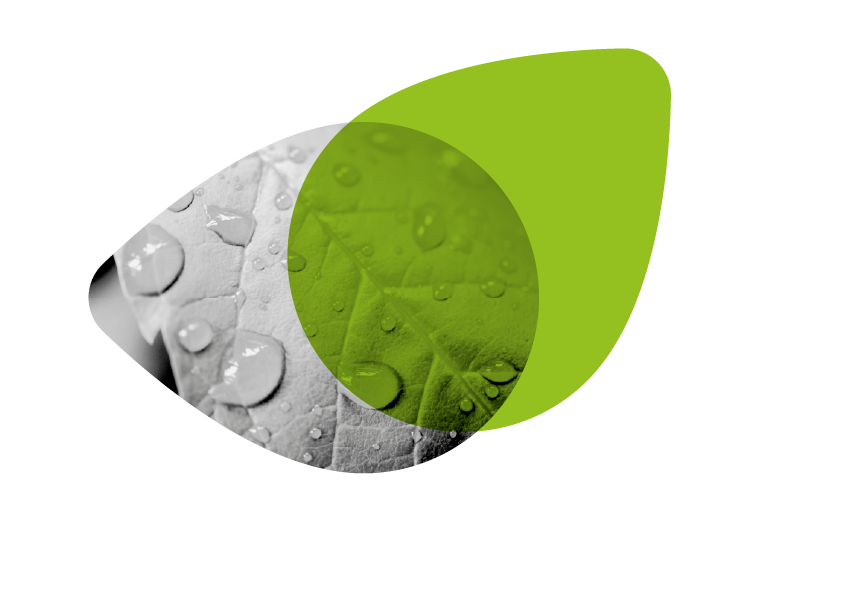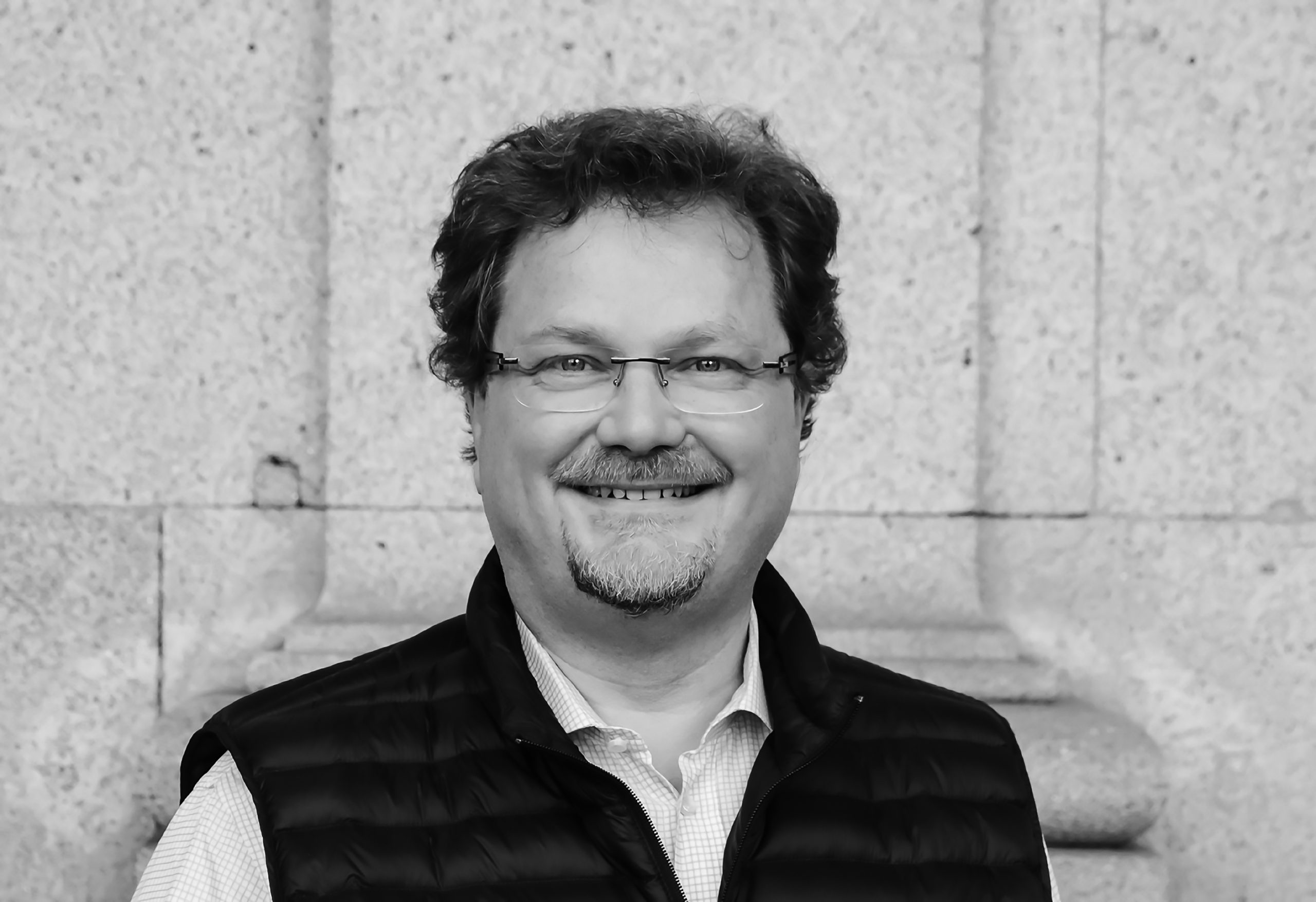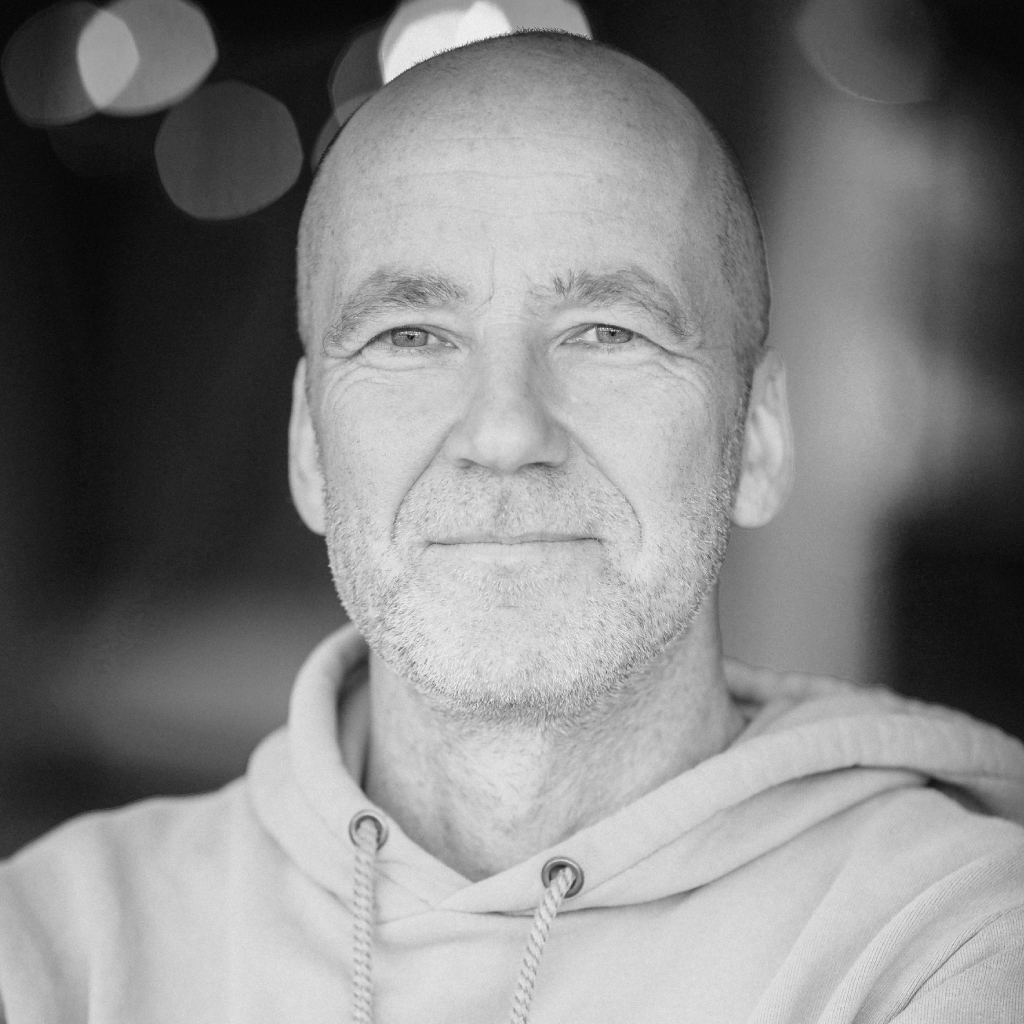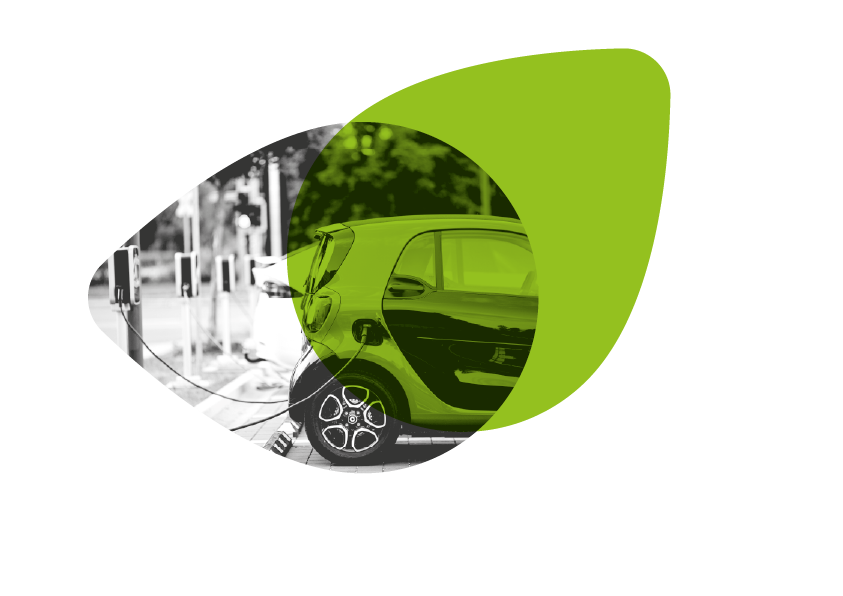
Sophie Glaser-Deruelle
Senior Consultant

Open Science, Open Innovation and Open to the World in Horizon Europe.
Horizon Europe is a €100bn grant funding programme spanning 2021 to 2027 – our blog series provides you with 8 prerequisites you must understand to be successful.
In this, the 3rd of our 8 blogs, we are focusing on Open Science, Open Innovation and Open to the World. In short, these terms in Horizon Europe refer to a broad set of concepts and practises that should be considered for any EU funded project.
Horizon Europe is a funding opportunity that every SME (Small Medium Enterprise), Public Body, Research Institution and Citizen Group could benefit from. We at IFE understand that the new Horizon Europe funding programme can also be confusing – there are new requirements and areas of focus compared with Horizon 2020. Once you have read this short blog series you will understand what is new in Horizon Europe.
Main Points
While the EU benefits from world class research and strong industries, the EU can do better at transforming this knowledge leadership into tangible innovations and entrepreneurship. The EU makes up 7% of the world’s population, but creates 20% of global R&D and 33% of all high-quality (independently peer reviewed) scientific publications. The three following concepts are viewed as key enabling methods to increase Europe’s capacity for capitalising on this work.
Open Innovation
Open Innovation seeks to involve all active players so that knowledge can circulate freely and be transformed into products and services that create new markets, fostering a stronger culture of entrepreneurship.
Open Innovation has already evolved from linear, bilateral transactions and collaborations towards dynamic, networked, multi-collaborative innovation ecosystems. The European Commission’s concept of Open Innovation is characterised by:
- Combining the power of ideas and knowledge from different actors (whether private, public, or civil society/third sector) to co-create new products and find solutions to societal needs.
- Creating shared economic and social value, including a citizen and user-centric approach.
- Capitalising on the implications of trends such as digitalisation, mass participation and collaboration.
Horizon Europe and its predecessor Horizon 2020, both support an open innovation ecosystem that facilitates the translation of knowledge into socio-economic value. In addition to the formal supply side elements such as research skills, excellent science, funding and Intellectual Property management, there is also a need to concentrate on the demand side aspects of knowledge circulation, making sure that scientific work corresponds to the needs of the users and that knowledge is findable, accessible, interpretable, and re-usable (FAIR).
Open Science
Open Science represents a change to the scientific process, based on cooperative work and new ways of diffusing knowledge by using digital technologies and new collaborative tools. The idea captures a systemic change, shifting from the standard practices of publishing research results in paid-for scientific publications towards a sharing model, where knowledge is available at an earlier stage in the research process.
Open Science permits knowledge to circulate more quickly and be more freely available. Open Science, however, does not mean ‘free science.’ It is essential to ensure that intellectual property is protected before making knowledge publicly available to subsequently attract investments that can help translate research results into innovation. If this is considered, fuller and wider access to scientific publications and research data can help to accelerate innovation.
The EU identified five lines of potential policy:
- Fostering Open Science in education programmes, promoting best practices, and increasing the input of knowledge producers into a more Open Science environment (citizen science).
- Removing barriers to Open Science: incentives and rewards for engaging in Open Science.
- Mainstreaming and further promoting open access policies as regards both research data and research publications.
- Developing research infrastructures for Open Science, to improve data hosting, access, and governance, with the development of a common framework for research data and creation of a European Open Science Cloud, a major initiative to build the necessary Open Science infrastructure in Europe.
- Embedding Open Science in society as a socioeconomic driver, whereby Open Science becomes instrumental in making science more responsive to societal and economic expectations, by addressing major challenges faced by society
Open to the world
Fostering international cooperation in research and innovation is a strategic priority for the European Union to access the latest knowledge and the best talent worldwide, tackle global societal challenges more effectively, create business opportunities in new and emerging markets, and use science diplomacy as an influential instrument of external policy.
To increase the effectiveness of international cooperation, while avoiding a wasteful fragmentation of efforts, the Commission prioritises actions of critical mass in terms of scale/resources and scope/coverage. Priority areas for international engagement are identified based on the following criteria:
- Research and innovation capacity
- Access to markets and their impact on EU competitiveness
- Contribution to the EU’s international commitments
- Legal and administrative frameworks in place to engage in cooperation
Openness to and engagement with the world is a strategic priority for Europe to produce the absolute best science and technology, to get research results faster to market and create new business opportunities for R&D-intensive industries, to solve global societal challenges and to have a leading voice in global debates and developments. Targeted thematic cooperation remains crucial to capitalise on rising excellence, new value chains and growing markets beyond Europe, and to solve societal challenges in the most effective way.
Conclusion
While these concepts are evolving and will no doubt be refined, these broad frameworks should be included in any project at ideation phase to ensure that research and projects have a positive legacy, beyond financial success, in the broader context of the developments.
To explore the full EU positions on all three concepts the full published texts are available here










